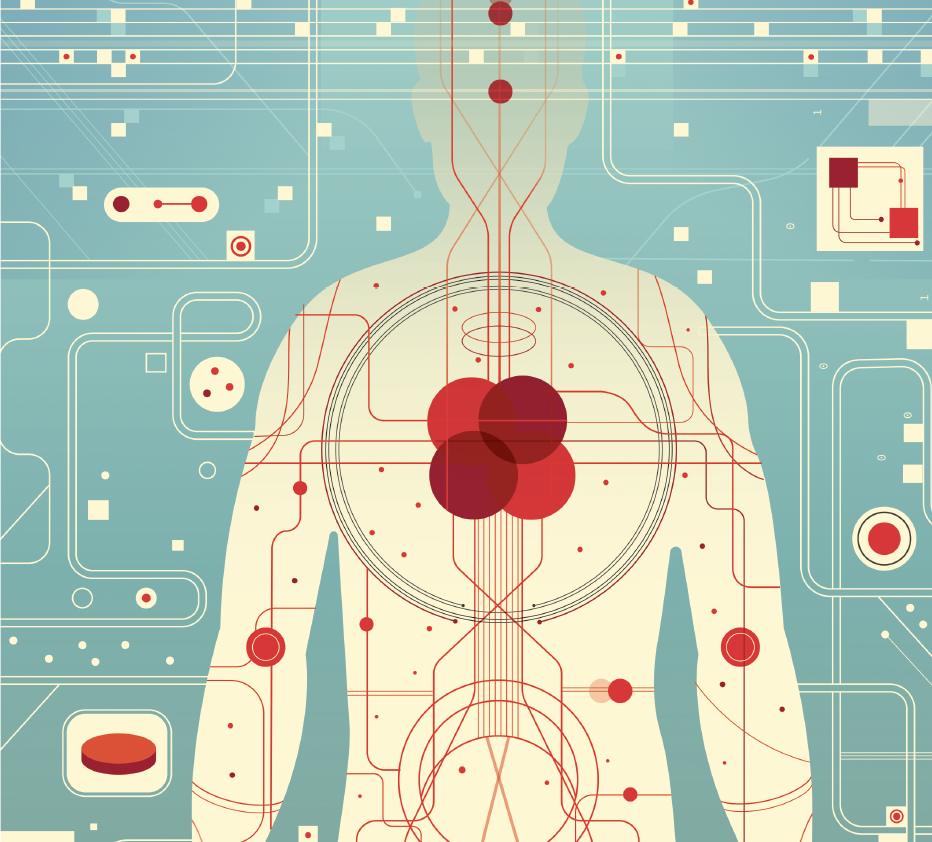
Precision EM: Partnering with Promotoras
Addressing Intimate Partner Violence
Jennifer Newberry, MD has long been aware that uninsured and underinsured people often need to use the emergency department as their primary health provider. As the 2020 pandemic lockdown began, she grew concerned that these communities were not receiving adequate information about COVID-19. She was also concerned that the lockdown would increase incidents of intimate partner violence (IPV) - physical or sexual violence, stalking, or psychological harm by a current or former partner or spouse - due to forced proximity, added emotional stressors, lost jobs, and lack of anywhere to escape to.
Newberry leaned into an existing partnership with Next Door Solutions to Domestic Violence in San Jose and local promotoras - lay Hispanic/Latino community members with specialized training in health education. Though not a professional healthcare worker, promotoras have frequent contact and established trust with community members and can amplify health care efforts at critical junctures.
Newberry and her team created a 13-module video series in English and Spanish to teach promotoras and community members about COVID and IPV. The videos can be viewed as a series of stand alone; if a promotora has ten minutes with a community member, they can pull out their tablet and share information on topics such as COVID misinformation; how to take care of a family member with COVID while protecting themselves, how to recognize intimate partner violence and unhealthy relationships, and how to partner with physicians for support.
While Stanford Department of Emergency Medicine also developed a global online COVID training for healthcare providers, the audience and goals for Newberry’s project are unique. “These are not providers. They are educators and facilitators with a different level of health literacy. What we are most trying to do is equip them with knowledge and tools to help their communities understand COVID, access health care, and recognize the connection between health and IPV.”
The project is the result of collaboration with Stanford’s Digital Medic as well as Stanford School of Medicine fellows, residents, medical students, undergraduates, scribes, and faculty.
Looking Ahead
In fall 2022, Newberry was awarded a five-year NIH grant for "A Promotora-centric Community Collaborative to Improve Connections to Mental Health Services." Newberry is leading this project with MPI Dr. Debra Kaysen, Department of Psychiatry and Behavioral Sciences. The research team will collaborate with the QSU, community-engaged researchers from Epidemiology, and Drexel, a leading social network analysis expert, as well as a range of community partners and promotoras from San Jose to strengthen usage of mental health services in the Latinx community in East San Jose.

